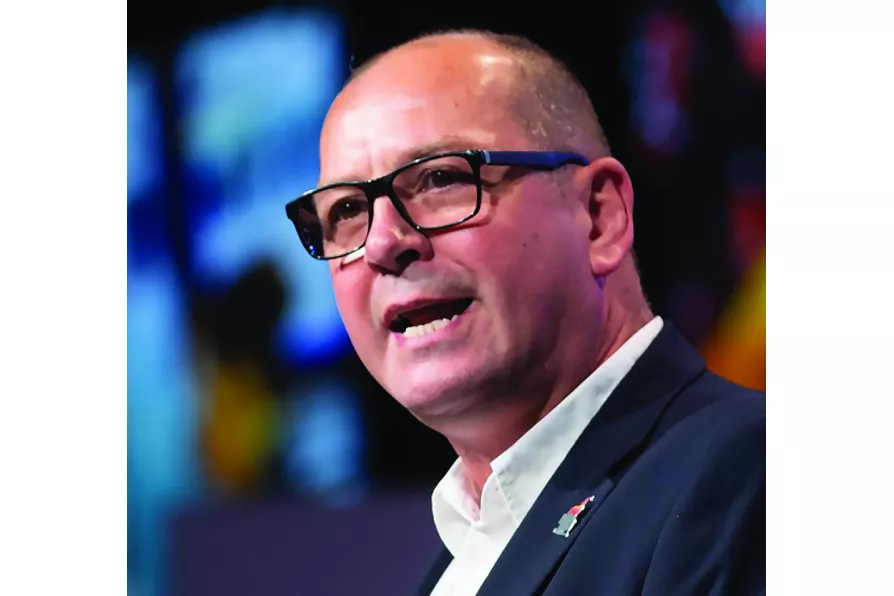BEN CHACKO reports on fears at TUC Congress that the provisions in the legislation are liable to be watered down even further

 Unite leadership hopeful and current assistant general secretary Steve Turner
Unite leadership hopeful and current assistant general secretary Steve Turner
STEVE TURNER’S first few days as a 19-year-old London bus conductor proved a baptism of fire. Having been signed up for the Transport and General Workers Union (T&GWU) on day one, he found himself charged with “riotous affray” within the first week.
His garage had walked out as part of a TUC campaign in 1982 in support of a nurses’ pay claim. The judge found him not guilty when police allegations that union members had intimidated a scab bus driver were found to have been inventions.
“That was the last bit of solidarity action before Thatcher’s government outlawed secondary action,” said Steve. “It was the way that dockers, drivers, electricians and printworkers could support groups with less industrial muscle.
“But my message for any government is that you can’t outlaw solidarity. It is the basis on which the labour movement is founded. Workers supporting other workers to protect and improve their conditions. We need the law changed but we will always find ways of showing that Solidarity Forever is our watchword.”
“And solidarity works,” he went on. “Just look at the powerful alliance of fans, unions, players and managers who saw off the European Super League, stopping the big corporates from stealing our game,” he said, neatly sidestepping my query about whether his team, Millwall, had ambitions in the ESL.
“It also works internationally,” says Steve, who cites co-operation between the US Teamsters Union and Unite as a key to winning the release of the imprisoned Cuban Miami Five.
“Our solidarity with pensioners and claimants scraping by on universal credit strives to protect their entitlements.”
Steve is talking from the sofa in the south London home, festooned with union publications, a painting of Jack Jones behind him, which has become his office during the pandemic.
As Unite assistant general secretary who has secured the nomination of the union’s United Left, he is considered frontrunner in the coming election to succeed Len McCluskey as general secretary.
A Londoner brought up with four brothers and sisters, Turner recalls his father taking up painting and decorating after leaving the merchant navy. Young Turner would get work helping him on jobs, between spells of unemployment.

















